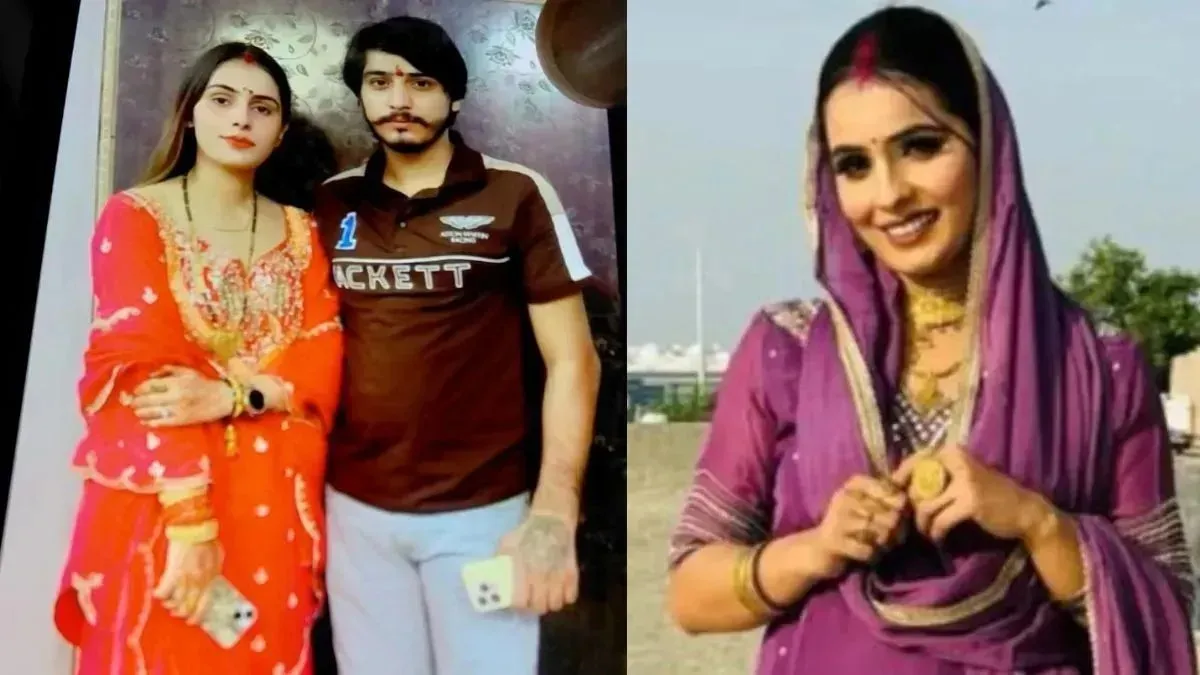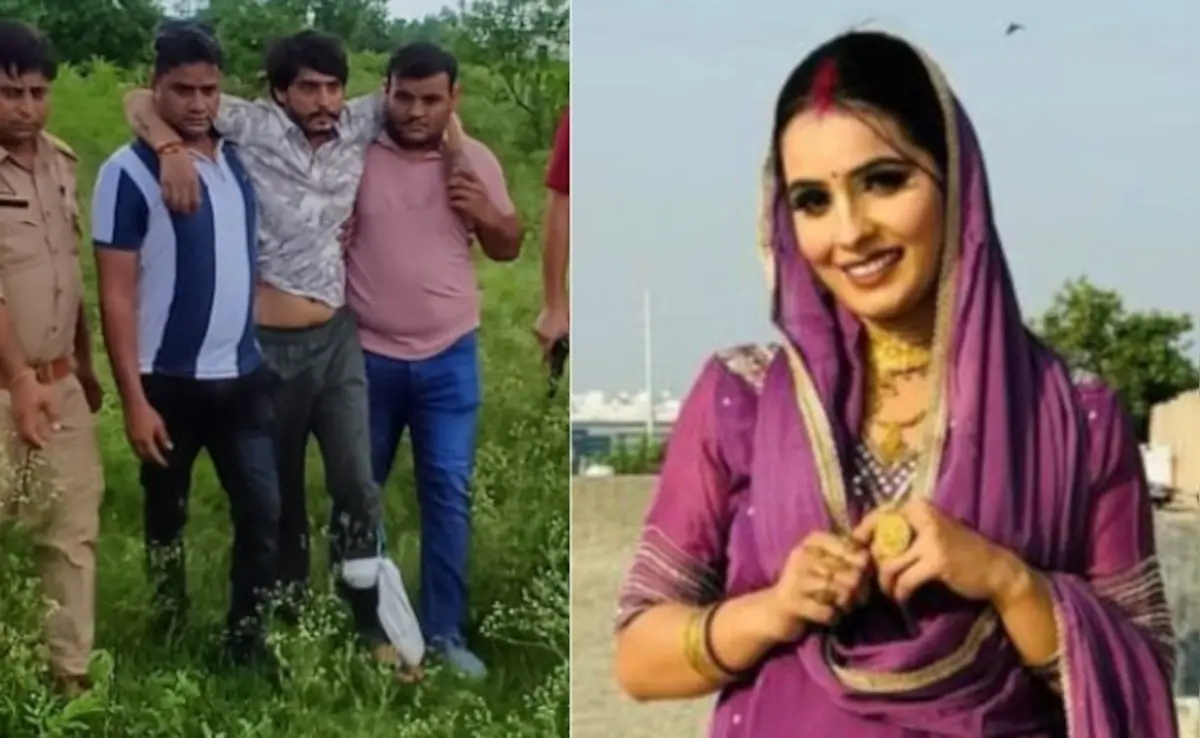In the recent Noida dowry case, Vipin Bhati, the husband of the victim Nikki Bhati, has been sent to 14-day judicial custody after being accused of torturing and killing his wife over dowry demands. Nikki Bhati, a 28-year-old woman, sustained 70% burn injuries after being set on fire and later died in a hospital. The case has shocked many and highlighted the ongoing problem of dowry violence in India. Despite the serious charges, Vipin Bhati showed no remorse, stating that his wife died on her own and describing their disputes as common marital fights.

The police investigation has widened with the arrest of Nikki’s mother-in-law and brother-in-law, while the father-in-law remains at large. Videos circulated on social media show the horrifying abuse Nikki suffered, including being doused with kerosene and set on fire in front of her young son and sister. Nikki’s family has repeatedly alleged years of torture and repeated dowry demands including luxury items like an SUV, a motorcycle, and a Mercedes car. They have been demanding strict action against the accused, with calls for justice echoing beyond their family to the wider community.
The National Commission for Women has taken suo motu cognizance of the case and demanded a detailed report from the police within three days while urging protection for Nikki’s family and witnesses. This case has raised important questions about the effectiveness of laws intended to prevent dowry harassment and protect women. Despite multiple legal provisions, dowry-related violence continues to cause severe physical and emotional harm, sometimes ending in tragic deaths.

From a broader perspective, this case exemplifies the deep-rooted social issue of dowry and domestic violence that persists in parts of India. It highlights how dowry demands can escalate into cruelty and murder, often unreported or unresolved until it reaches a tragic climax. To truly address this problem, beyond enforcing laws, societal change is essential. This involves educating communities to reject dowry culture, empowering women economically and socially, and encouraging supportive environments where victims can speak out safely.
The husband’s lack of remorse adds a chilling dimension to this case, shedding light on the mindset that perpetuates such violence. His statement that the death was accidental and the violence mere marital discord mirrors a dangerous minimization of abuse that many victims face. This neutral reporting calls attention to the lived realities behind such crimes without taking sides but underscores the urgent need for systemic reform and vigilant enforcement of existing protections to prevent future tragedies.

In conclusion, the Noida dowry case remains under strict police investigation with multiple accused in custody. It serves as a grim reminder of the serious consequences of dowry harassment and the importance of continuing efforts to eradicate such social evils through legal, social, and educational measures. The community and authorities alike bear responsibility to ensure justice and safeguard the dignity and lives of women.
With inputs from agencies
Image Source: Multiple agencies
© Copyright 2025. All Rights Reserved. Powered by Vygr Media.






















